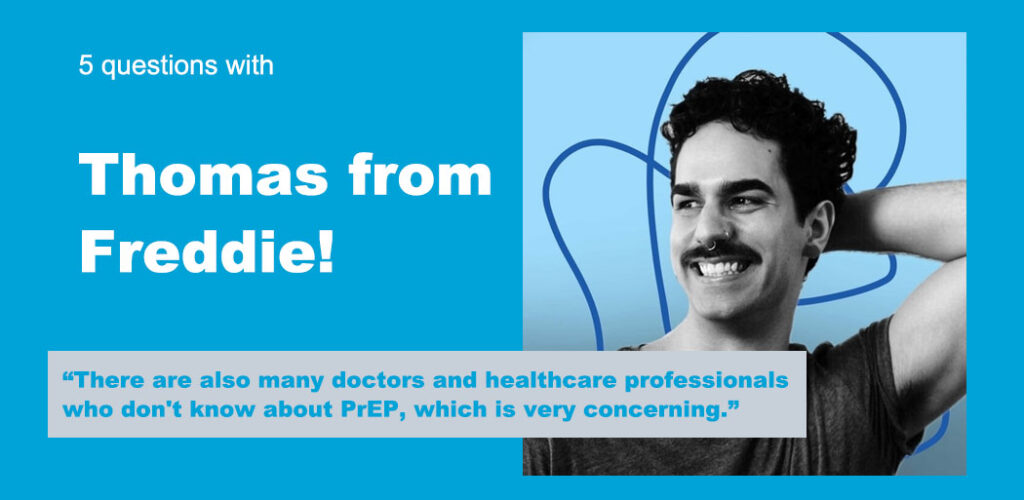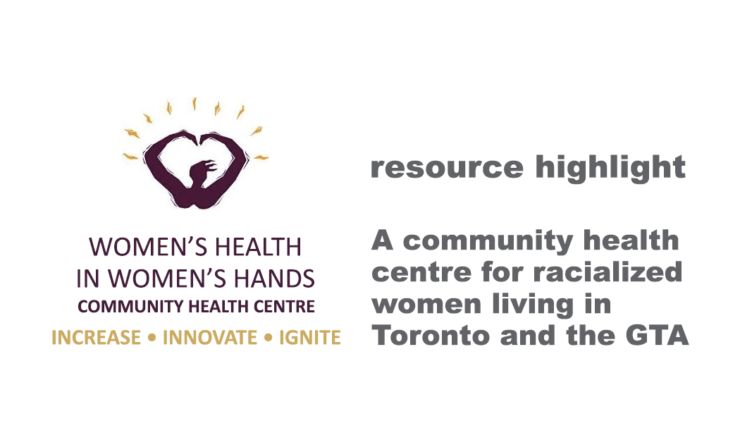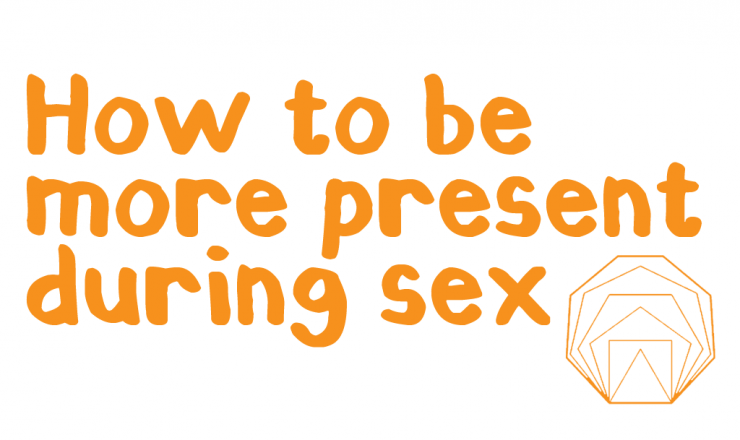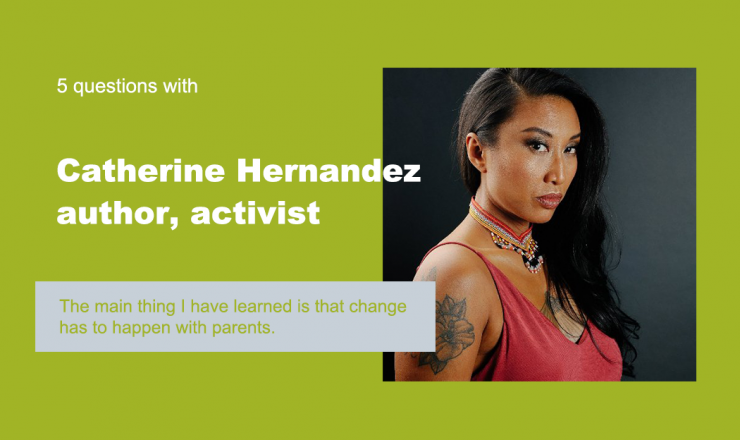

5 Questions is where Teen Health Source volunteers ask 5 questions to people about their unique perspectives on everything to do with sex and gender. In this instalment we talked with Thomas, the Community Manager from Freddie!
Freddie is a Canadian health organization offering access to PrEP, a pill that reduces one’s risk of acquiring HIV by 99%. They provide inclusive and convenient care focused on (but not exclusive to) queer and trans communities, as well as others who may have experienced marginalization in the healthcare space.
Check out their website for more info: gofreddie.com
I first started working at Freddie right before their launch in July 2020! We’re a fairly new organization, having started during the pandemic, but it’s incredible how much we’ve grown in the short amount of time we’ve been around.
What initially drew me to this organization was the undeniable desire to increase access to HIV prevention. Freddie is such a committed group of people working towards health accessibility for LGBTQ2S+ communities, it was hard to say no when I met the team.
Today, Freddie is active only in Alberta, Saskatchewan, Ontario, and Quebec. We focus on queer and trans communities and turn nobody away. In order to have a consultation with a Freddie clinician, you don’t need to pay anything, nor have a healthcare card.
When it comes to PrEP, however, there are a couple more restrictions in terms of who can get it and who can’t. Since it’s a prescription medication, one must be eligible to be a good candidate. Usually, that involves being HIV-negative and ensuring your body can tolerate PrEP. Some provinces still charge copays for PrEP, but at Freddie, we do our best to cover those costs and 80-90% of our patients get their PrEP for free.
Thank you! That’s really nice to hear because we try to be very intentional with our communication style.
First things first, we see it as our responsibility to represent the community in a responsible and affirming way. That means not showing the same bodies that have been always been shown in media: ultra muscular, unrealistic, unachievable. We want to show real people, with real bodies, and we think that should be the standard across the board.
Second, we must understand the context of healthcare and LGBTQ2S+ communities. Our history together has been very turbulent and filled with mistrust. That’s why we think it’s fundamental to present information in a way that is inclusive, non-stigmatizing, fun, easy, and evidence-based. It’s impossible to change healthcare by using the same tools that have always been used to speak about sexual health. So, we wanted something new, accessible for different reading levels, and, of course, fun!
There are some amazing resources out there for people looking for more information, here are two of my favourite ones
I think the main thing we can all do to make PrEP more accessible is advocate for education and policy change. There are still so many people at high risk for HIV that don’t know about PrEP, for which PrEP may be a good tool. Unfortunately, the information about this is still not very commonplace and is not being thought about in schools, universities, or media.
There are also many doctors and healthcare professionals who don’t know about PrEP, which is very concerning. So, I would say that breaking the stigma, and speaking openly about sexual health can be an incredible step towards making harm reduction more accessible in Canada.
Check out our 5 Questions tag for more interviews from this series: Link.
If you have questions about this topic, feel free to contact one of our peer educators. [Link]
Last Updated: September 2021

Women’s Health In Women’s Hands (WHIWH) is a Community Health Centre for racialized women living in Toronto and the GTA!

Do you ever find it hard to focus on sex? Whether with a partner or by yourself, do you find your mind drifting off? It’s very common! This post goes over some of the reasons why and what you can try to do about it.

Catherine Hernandez is a writer, activist, theatre performer, radical mother, and so much more! Added to that list, she’s now the latest person we talked to for our 5 Questions series! Check out this interview for some great links and resources!